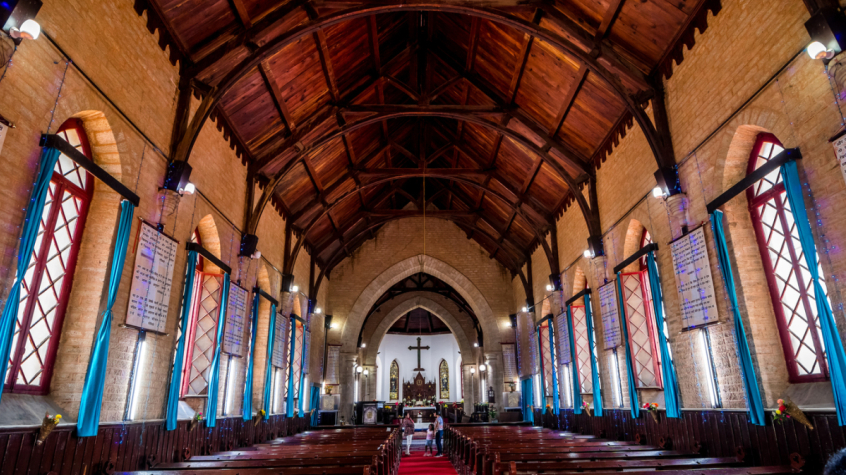
On 13 September 2024, approximately 40 representatives from around 20 churches across India gathered in Bengaluru for the National Ecumenical Bishops' Fellowship Meeting. The event, convened by the Catholic Bishops' Conference of India (CBCI), aimed to foster unity among Christian denominations and address pressing issues facing the community in India.
The meeting, held at St. John's National Academy of Health Sciences, brought together leaders from various Christian backgrounds, including Catholic, Orthodox, Protestant, and Evangelical denominations. Archbishop Andrews Thazhath, President of CBCI, chaired the session, while Bishop Joshua Mar Ignathios, Chairman of CBCI Office for Dialogue and Ecumenism, delivered the inaugural address.
In a statement released after the event, participants expressed their "serious anxiety" over increasing attacks on Christians and other minority groups in India. They called for the protection of minority rights and security for minority communities, emphasising the need to dispel misconceptions about Christianity in the country.
"We wish to firmly assert the significant contribution of the Churches and Christian community to the nation building and to dispel the misinterpretation and false belief that Christianity is a foreign religion as it has been present in India for about 2000 years," the statement read.
The gathering passed several resolutions, including a commitment to meet more frequently to strengthen ecumenical federations at the state level. They also proposed the formation of a national ecumenical federation of churches comprising bishops and heads of various denominations.
One of the key demands put forth was the implementation of equal status and constitutional rights for Dalit Christians, a longstanding issue for the community. The participants also decided to hold common ecumenical celebrations to mark the Jubilee Year 2025 and the 1700th anniversary of the first Ecumenical Council of Nicaea and the Nicene Creed.
The meeting consisted of an ecumenical dialogue session, a prayer service for Christian unity, and concluded with a fellowship dinner. Bishop M.A. Daniel led the dialogue session, while Bishop John S.D. Raju conducted the prayer service.
In a critique of the event published by Indian Catholic Matters, Verghese V Joseph praised the initiative for its inclusive approach and focus on unity. However, he pointed out several areas where the meeting's outcomes could be strengthened.
Joseph noted that while the resolutions addressed significant concerns, the report lacked specific strategies or timelines for implementation. He wrote, "Detailing how these resolutions will be acted upon would enhance accountability and ensure that commitments translate into tangible outcomes."
The critique also highlighted the absence of follow-up mechanisms to assess progress on the resolutions passed. Joseph suggested that "Establishing regular check-ins or updates could help maintain momentum and encourage ongoing collaboration among church leaders."
Furthermore, the article emphasised the need for broader societal engagement beyond the Christian community. Joseph proposed that "Collaborating with other faith groups or civil society organizations could strengthen advocacy efforts for minority rights and social justice."
The critique also pointed out that the report primarily focused on external challenges facing Christians in India but did not address potential internal challenges within denominations that may hinder ecumenical efforts. Joseph argued that "Acknowledging these issues could lead to more comprehensive discussions and solutions."
Lastly, the article called for a more robust communication strategy to share the outcomes of the meeting with the wider community and media, suggesting that this could "enhance support for ecumenical initiatives."
Despite these critiques, Joseph acknowledged the significance of the gathering, stating that "As India continues to navigate complex socio-political landscapes, such ecumenical initiatives are vital for fostering solidarity among Christians and advocating for their rights as a minority group within a diverse nation."













